Farmers, but more noticeably researchers and advisors are split on how best to manage clover swards.
Speaking at the Positive Farmers Conference on Wednesday last week, Teagasc researcher James Humphreys made a coherent and logical argument about why nitrogen should not be applied to fields with high clover contents.
He presented research showing a response of 33kg DM/ha of grass for every 1kg of nitrogen applied per hectare.
This, he said, is a good economic response to nitrogen even at current prices because the cost of growing the grass is much cheaper than the cost of alternative feeds such as silage or meal.
He also presented research with a response rate of just 2.3kg DM/ha of pasture for every 1kg of nitrogen applied per hectare.
Very high cost
He said that this is a very low response and the additional pasture grown comes at a very high cost. The reason the response is low in that example is because there was already adequate nitrogen in the system from the higher clover pastures.
Therefore, he suggested that nitrogen should be targeted to parts of the farm that don’t have clover and let clover fix nitrogen where it is present.
This differs from official Teagasc advice which says that on high clover swards, nitrogen should be applied at half rate after every grazing in order to ensure there is some nitrogen in the system at all times.
Extending the interval between applications was found to grow less grass in experiments conducted at Moorepark.
Humphrey’s runs the Teagasc Solohead farm in Tipperary along with farm manager Dan Barrett. The farm extends to 56ha and there are 145 cows milking this year.
So far, there has been 19kg N/ha applied across the farm and there are no plans to spread any more N this season.
He encouraged farmers who don’t believe that it’s possible to visit Solohead and see for themselves. He said there are at least two discussion groups visiting Solohead every week during the summer.
Importantly, he stressed the importance of soil fertility and feeding the crop with P and K saying they normally spread potash throughout the summer.
It's fair to say that on most dairy farms, reduced or zero N should really only be carried out on fields with a high clover content.
Importantly, Humphrey's says he's not suggesting farms can grow a lot of pasture without nitrogen, it's just that the nitrogen in Solohead comes from clover not from a bag.



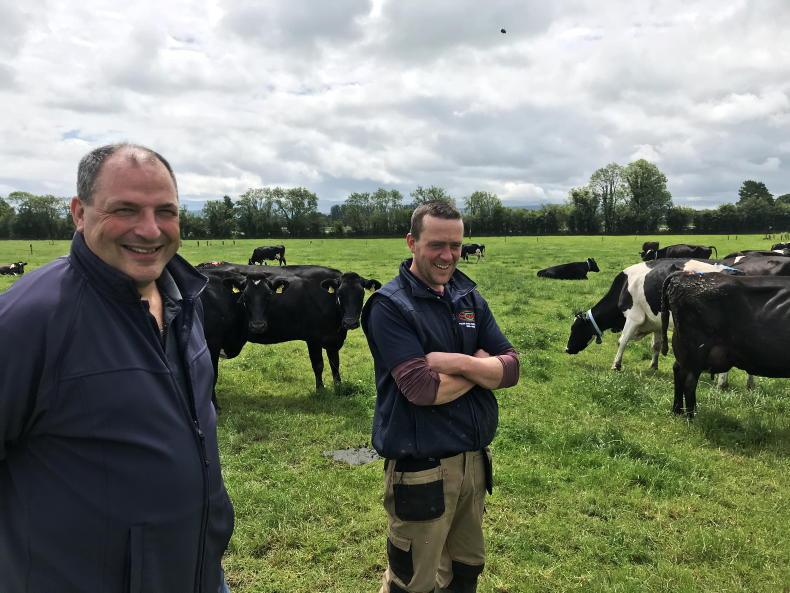

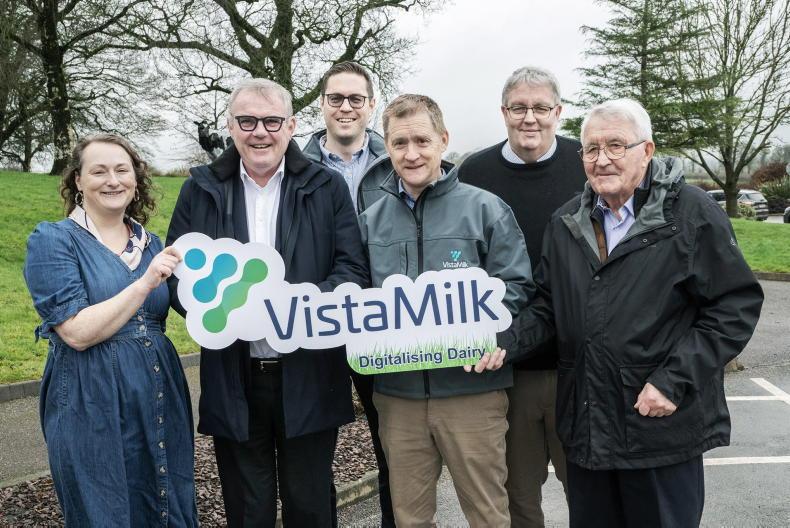
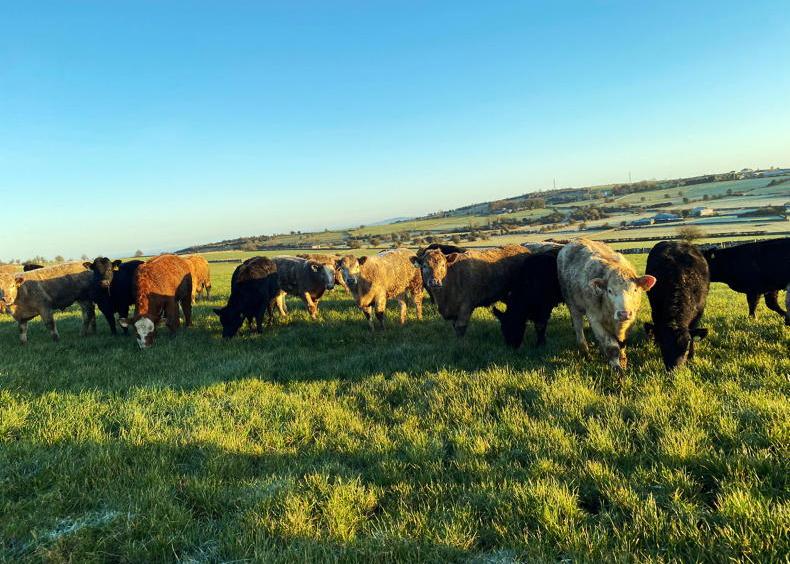
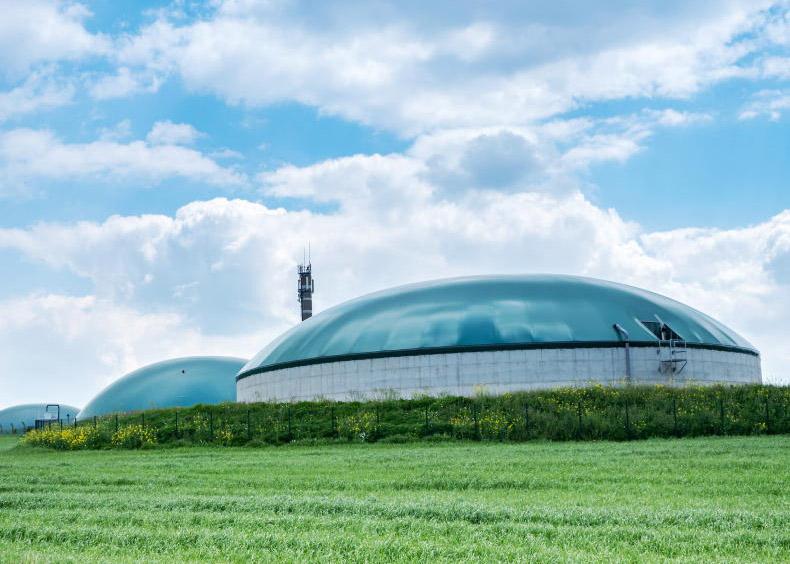
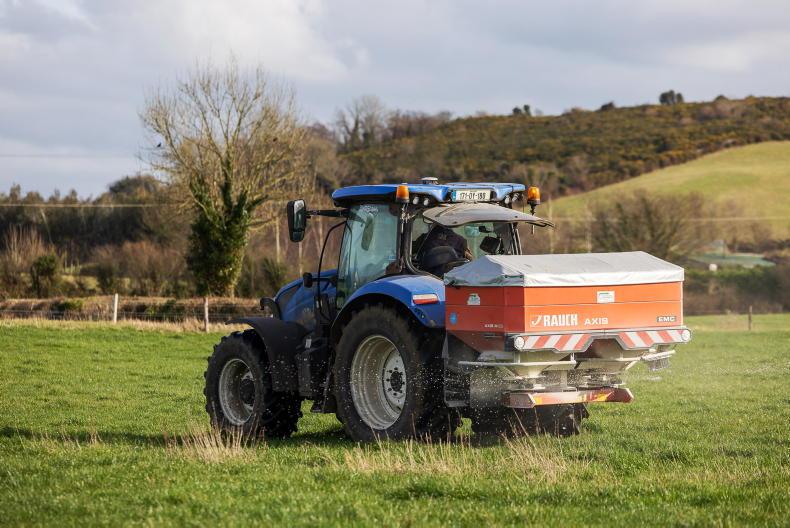
SHARING OPTIONS